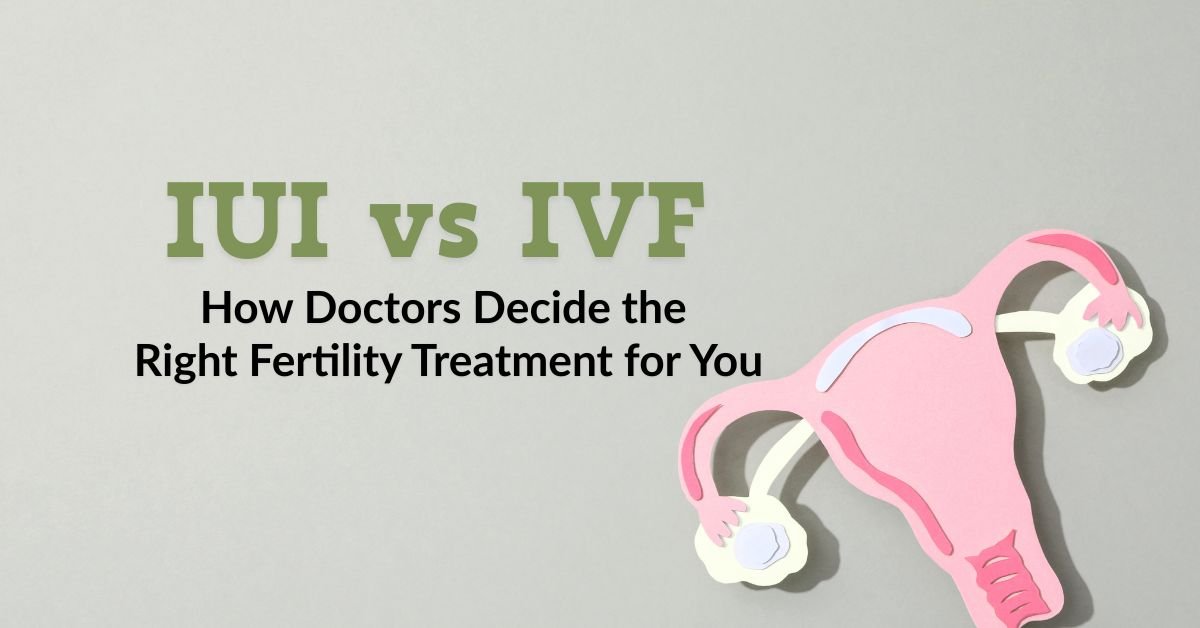Stress is something that many experience, yet it is usually underrated in its physical health implications, particularly on male fertility.
Various studies have concluded that long-term stress can strongly influence a man’s reproductive function by affecting hormones, sperm quantity, and sex function overall. Knowing the link between stress and male fertility is important in that it can be used to guide individuals to be better caretakers of their well-being and optimize their potential to conceive.
As stress levels increase, the body secretes higher levels of cortisol, a hormone that is part of the body’s natural response to stress. Elevated levels of cortisol can disrupt the production of testosterone, an important hormone involved in sperm production and sexual function.
Decreased levels of testosterone can cause low sperm count, diminished sperm quality, and erectile dysfunction. Stress also affects the balance of other reproductive hormones, which can further contribute to male infertility.
Chronic stress can also lead to unhealthy living habits, such as a bad diet, poor exercise, and poor sleep, all of which lead to decreased fertility. For example, bad diet habits that result from stress may lead to nutritional deficiencies that can harm the health of the sperm.
Also, stress could enhance the rate of alcohol or tobacco use, both of which are known to damage sperm quality and production.
Luckily, methods of stress reduction can greatly enhance male fertility.
- Exercise and other physical activity have been shown to decrease cortisol levels and support balance in hormones.
- Meditation, diaphragmatic breathing, and other mindfulness exercises are also helpful as stress management measures.
- Additionally, a healthy diet, proper sleeping habits, and social support mechanisms can lead to better overall well-being and fertility.
By acknowledging the effects of stress on male fertility and implementing stress-reduction practices, men are able to actively contribute to enhanced reproductive health and maximize their probability of conception.
